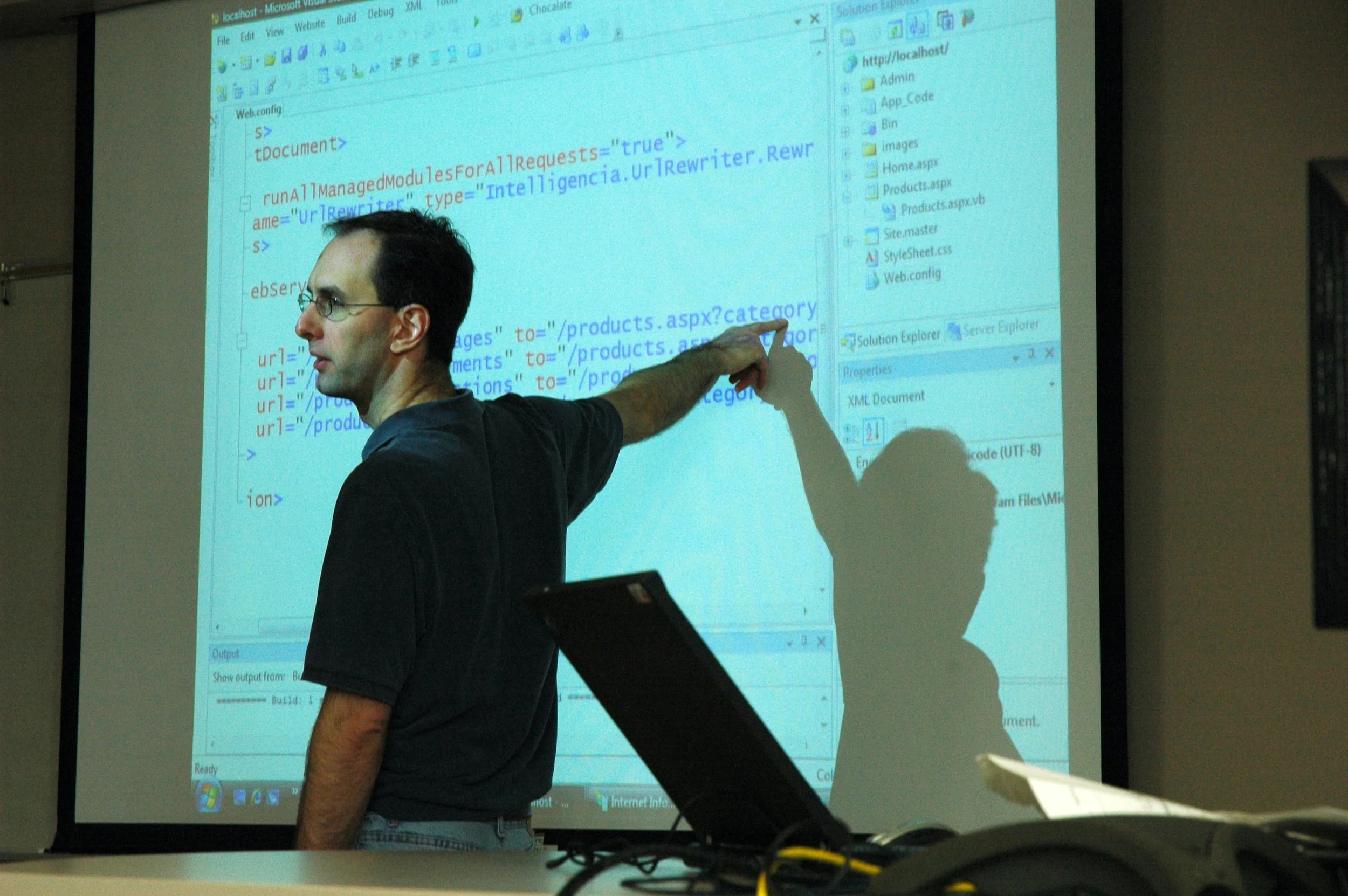More Rewarding Work: How to Decide on the Right Career Path
Find Your Vocation in Order to Make Career Choices
At some point in their life, almost everyone pauses to ask themselves questions like:
What do I want to do with my career?
Do I want to work in my job forever?
Is it time for a career change?
These are weighty questions because our jobs are central to who we are as human beings. We spend most of our day at work. Often, we spend more time with our colleagues than we do with our family and friends.
Our professions are generally one of the first things people ask us about when they meet us for the very first time. The “What do you do for work?” question usually comes right after, “How are you doing?” and “Where are you from?”
The meaning behind that question has changed somewhat over the years, however. In the early Industrial Age, if someone asked you what you do for work, they primarily wanted to know if you are financially stable. They wanted to know how you provide for your family.
Nowadays, when people ask about your work, they still want to know about your financial status - but they are much more interested in learning about the effect your occupation has on your life.
Does your job make you happy? Does it allow you to spend time with your kids? Does it provide you with opportunities to experience new things? Does it have a positive impact on the world?
When we start to question our own careers, our thoughts are often similar. We’re not necessarily searching for a bigger paycheck or a better job title. We are looking for a sense of fulfillment.
We’re searching for something bigger than a “job.” We’re searching for a vocation.
But what exactly is a vocation?
The definition of vocation is, “a strong feeling of suitability for a particular career or occupation.” It connotes something higher - a calling, a life’s work, a mission, a purpose, a craft.
During my years as a coach, I’ve learned there are three distinct levels of vocation. They are:
First Level of Vocation: Your overall purpose in life. This is the universal vocation for all people. It never changes.
Second Level of Vocation: Your profession or occupation. This is what people typically think about when they’re asked what they do for work. “I’m a teacher.” “I’m an attorney.” “I’m a doctor.” “I’m a salesman.” It can change from time to time.
Third Level of Vocation: The task or project that is currently right in front of you. This is the activity you are working on today. It changes all the time.
Before you can figure out your second or third level of vocation, you’ll need to work on gaining a better understanding of your first level of vocation. You should try to figure out your purpose.
Answering “What is the meaning of life?” is a little outside the scope of this blog, so we won’t go into it in too much detail. However, I do recommend starting your journey by taking a moment to ask yourself the following questions:
What kind of person do I want to be?
What do I want to be known for?
What does God / the universe want me to do with my life?
If all people were going after X or acting with Y, what would be most beneficial?
How can I help the most people in the most impactful way?
How can I give back in the most meaningful way?
What’s a consistent North Star or point of grounding in my life?
The answers to these questions will help you determine your secondary vocation. For example, if you believe your primary purpose is to educate others, you may choose to become a teacher. If you think you're meant to stand up for others, you might become a lawyer.
When trying to decide on your secondary vocation, ask yourself these questions:
How do I best become the person that fulfills my primary vocation?
Does this career move me closer or further away from my primary vocation?
Can I do more or less of what I want to do in my primary vocation if I do this in my secondary vocation?
Your choice of secondary vocation will then determine your third level of vocation. For instance, if you decide to become a teacher, your days will most likely be spent creating lesson plans and marking papers. If you become a lawyer, you’ll spend your time meeting with clients and preparing cases.
To help you understand how the process works in practice, here’s my example:
Primary Vocation
I believe our job is to put good into the world. I think we each have our own unique gifts, talents, and skills, and I believe the world would be a better place if everyone was able to use their skills to the fullest extent.
2. Secondary Vocation
Though there are many ways I can fulfill my primary vocation, right now I have chosen to be a coach. My job is to optimize my own talents in this area.
In my occupation, I am constantly learning, growing, and improving myself. I am privileged and look forward to serving my clients to help them identify and cultivate their unique mix of talents.
3. Tertiary Vocation
Because I have chosen to be a coach, I spend most of my time performing tasks like:
Coaching clients
Being coached
Creating content
Talking with podcast hosts
Meeting with fellow coaches
Recruiting new team members
Reading books and learning new techniques
When tasks arise that I’m not particularly enthusiastic about, I still do them because they will get me closer to fulfilling my primary and secondary vocations.
So, what is your vocation? What are you meant to do?
If you’re stuck, use the tools in this article to help. Having a general direction is perfectly fine too. If you’re still stuck, feel free to reach out.
The world needs you at the top of your game. We’ll all be better for it.
For more insights like this, subscribe to my newsletter!
About The Author
Emily Sander is an ICF-certified leadership coach with more than 15 years of experience in the business world and the author of Hacking Executive Leadership. She’s been featured in several print publications, online articles, and podcasts, including CEO Today Magazine, Leading to Fulfillment, and Leadership Powered by Common Sense.
Emily has a passion for helping business leaders reach their full potential. Go here to read her story from seasoned executive to knowledgeable coach. If you want to send Emily a quick message, then visit her contact page here.






